Gulf Medical University (GMU), the leading medical university in the region owned and operated by Thumbay Group celebrated its annual ‘Global Day 2017’on Friday, 10th March 2017. The event, held at the university grounds in Ajman had around 3000 visitors including the university studentsand staff as well as their friends and relatives. Every year, GMU celebrates the Global Day, which provides the students a platform to display the essence of their ethnicities and cultures.
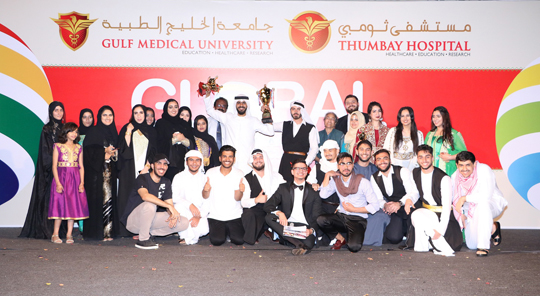
The Global Day celebrations were inaugurated by Prof. Gita Ashok Raj - Provost of GMU, in the presence of the Deans of GMU’s colleges.Accompanied by the Deans, she toured the country pavilions where students had exhibited the food and costumes, as well as other exhibits relevant to their culture and history. Appreciating the students for their efforts, she said that the annual Global Day was GMU’s way of bringing together students, faculty, staff and their families to celebrate the University’s ‘Unity in Diversity’. The venue was also visited by Mr. ThumbayMoideen - Founder, President of the Board of Governors of GMU.
The GMU campus was gleaming with a variety of hues as the students, who hail from as many as 75 nationalities, were dressed in their respective traditional attires. Students also performed on stage, entertaining the audience with some great displays of talent. Individual country pavilions set-up at the venue presented the national heritage of the respective country and treated visitors to some delicious ethnic food. Various competitions were held, such as selection of the best pavilion, food, hospitality, teamwork, country performances, as well as talent and fashion shows.
Prof. Gita Ashok Raj awarded the prizes to the competition winners. Iraq and UAE students won the Overall Champions prize.
Prizes in various categories
Pavilion Prizes: 1st Prize: UAE, 2nd Prize:Palestine, 3rd Prize:Iraq
Honorary Pavilion Prizes: Best Entrance Gate: Pakistan, Best Cultural Food: Egypt, Best Hospitality: India and Best Teamwork: Syria
Fashion Show: 1st Prize: Palestine, 2nd Prize: Eqypt, 3rd Prize: Iraq
Country Performances: 1st Prize:India, 2nd Prize:Nigeriaand 3rd Prize:UAE
Talent Show Winners (Individual Performances): 1st Prize: Mr. Khalid, 2nd Prize: Ms. Aiswarya, 3rd Prize: Ms. Yasmin; Participation prizes: Khalid Muhammad Rasha, Latif& Abdul Salam
Overall Champions: Iraq & UAE
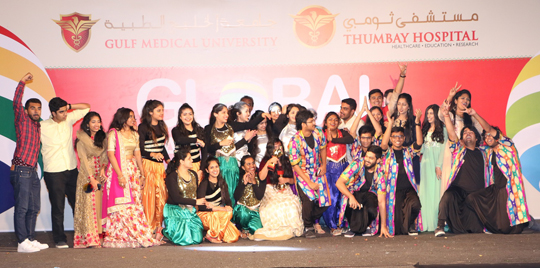
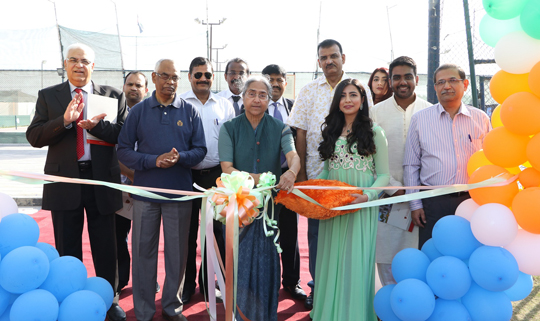
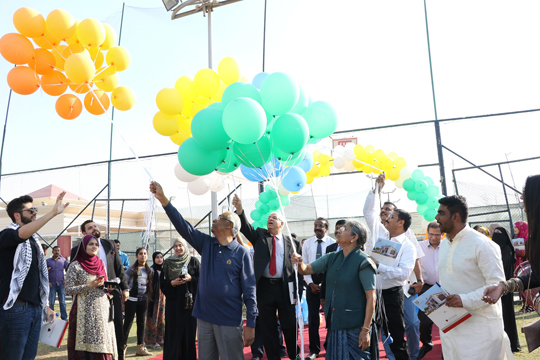
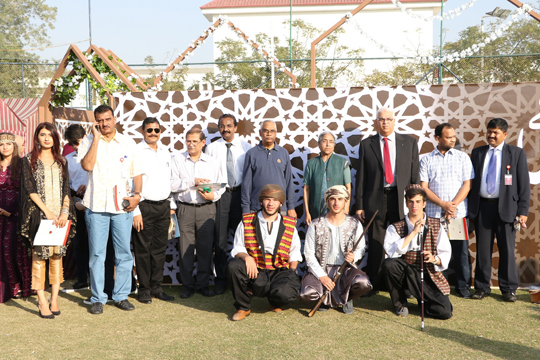
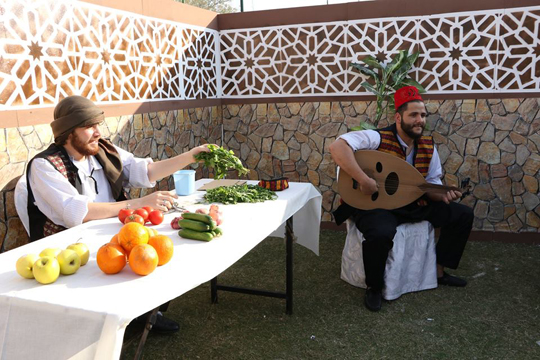
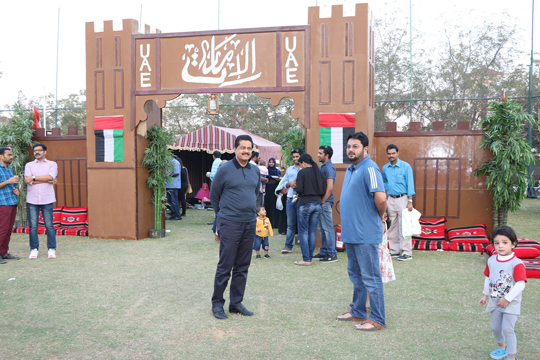
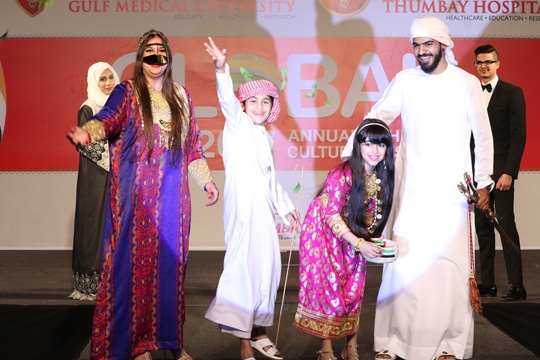
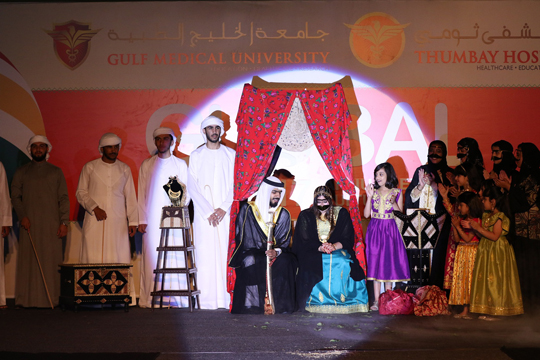
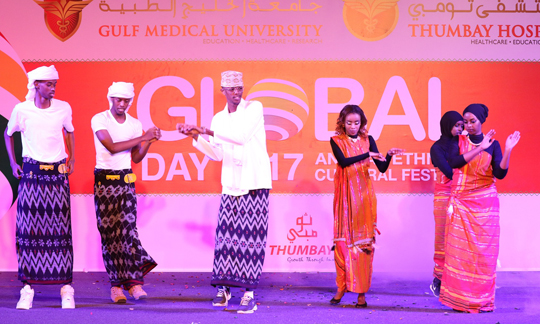
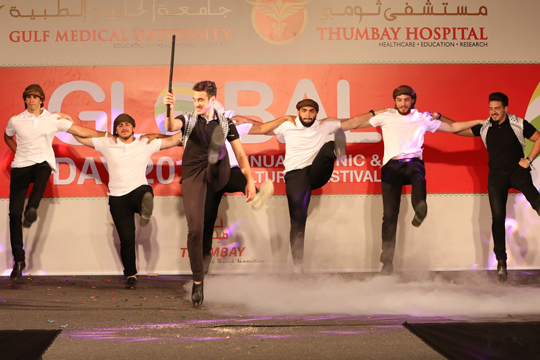
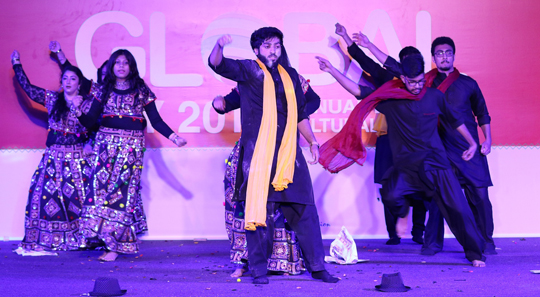
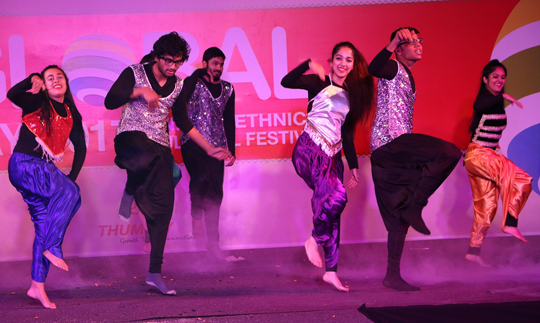
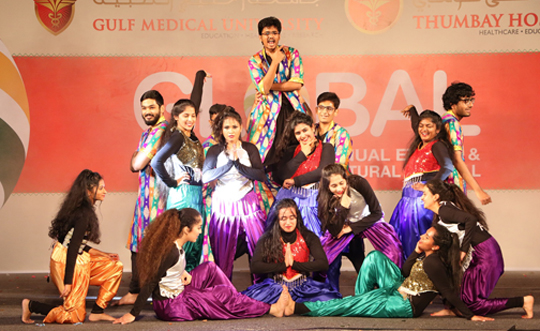
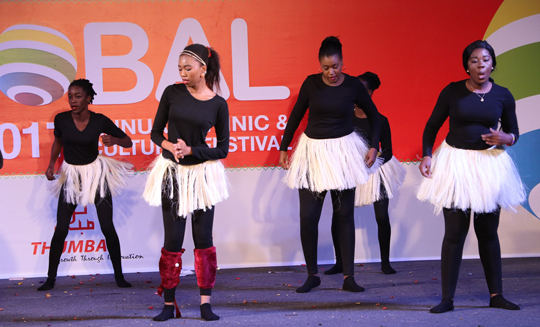
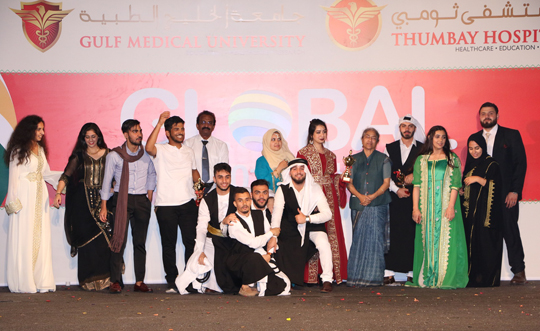






Comments
Add new comment